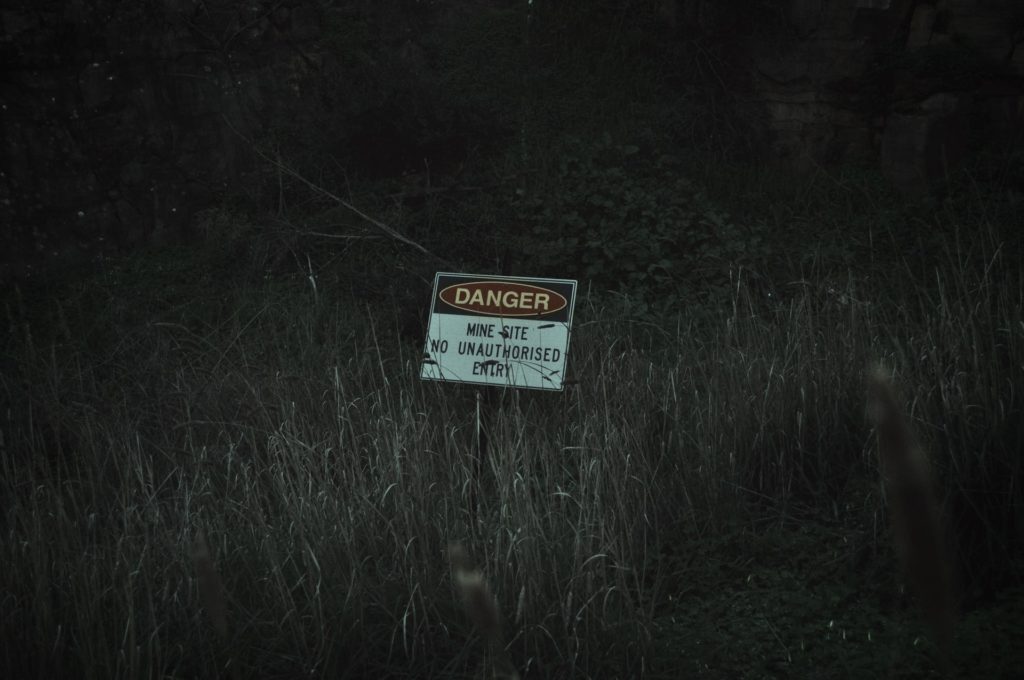We are closer to false teaching and false teachers than we think. Jesus alerts us that both wheat and weeds will grow together until He returns (Matthew 13:29-30). Whilst false teaching and false teachers can appear very distant, perhaps they are closer to home than first thought. Although we would not like to think of our friends as false teachers or being affected by false teaching, what do we do if they are?
False teaching is pervasive
This point should not be taken lightly: false teaching is pervasive. False teaching isn’t as obvious as we would like. It won’t always be an obvious error; it will often be words that “itch the ears of the hearer” (2 Timothy 4:3). False teaching grips the hearts and minds of the hearer by using cunning words and deceitful schemes (Ephesians 4:14) and before too long, your heart is darkened, and you are none the wiser. It is very easy to be attracted to false teaching, after all, it’s by fabricated stories and flattery that hearts are deceived (2 Peter 2:3, Romans 16:18). As John Calvin rightly states, ‘the human heart is an idol factory’ and false teachers are eager to proclaim things that assist in the building of idols in the hearts of man. We incorrectly assume that people do not what to hear false teaching. The heart, apart from God, does not want God; therefore creates substitutes that will satisfy their lustful desires (Romans 1:21-25). Even as those that believe in Jesus, we are regularly called to be sober minded since the ‘devil roams like a roaring lion seeking whom he may devour’ (1 Peter 5:8). So then what happens when our family and friends are drawn in by the deceitful clutches of false teaching?
Charitable, yet firm
Similarly, as Toye pointed out in the previous post on false teaching, an important distinction must be made. In the same way that not all errors are heresies, not all differences in doctrine are errors. Whilst we may be convinced that our theological positions have ‘gotten it right’ in correctly dividing the scriptures, we must be mindful that we do not discern truth through our theological tribe rather than the word of God. False teaching is a serious issue and not something to be taken lightly. We should not be nonchalant when approaching a friend or family member that may be indulging in false teaching, instead we should approach them with trembling and much tears (Philippians 3:19).
If we ascertain that a friend is believing something that is contrary to the scriptures we must be aware that their very soul is in danger. We must warn them firmly yet lovingly to ensure that they are receptive to the truth (Colossians 4:6, Ephesians 4:15). Paul exhorts to Timothy in his final letter that ‘For the time is coming when people will not endure sound teaching but having itching ears they will accumulate for themselves teachers to suit their own passion,’. (Timothy 4:3), we cannot assume that our friends or family have accidentally received and believed false teaching. Whilst the naïve in heart are certainly vulnerable (Romans 16:18), we must know that others seek out teachers to satisfy their lusts (2 Timothy 4:3). The antidote for the naïve and the knowing is the same – sound doctrine.

Our only hope
Paul explains in Titus 2 how sound doctrine and sound living are inextricably linked. Before Paul states how men and women should behave, he states what they should hear – sound doctrine (Titus 2:1). Faith comes by hearing the word of Christ (Romans 10:17) and faith wrought by Christ produces right living (James 2:17). If we want our friends and family to hear us when we speak, they need to see how we live. We cannot be hypocrites. There is too much at stake. If you are trusting in Christ then your Saviour and your Lord has given you a cosmic imperative – love your neighbour as yourself (Matthew 22:39, Mark 12:31). And who is your neighbour? Everybody (Luke 10:25-37). When engaging with your friend who is believing false doctrine you are not trying to win points for your theological tribe. Instead, you ought to see an image-bearer who is being blinded by lies, be filled with compassion and seek to proclaim the truth that sets free (John 8:32).
Our response
How can we engage responsibly and with gospel fervour? I will offer some practical steps that may help us think through how we engage with friends and family members that are caught up in false doctrine.
- Make sure it is false doctrine – remember, if your friend disagrees with you theologically it does not mean that they are being deceived. We should be able to hold different positions on non-primary issues that are biblically rooted and still maintain unity.
- Be gentle – after confirming that it is false doctrine that your friend or family member is believing, be gentle when you confront them. Gentleness seems to be an undervalued fruit of the Spirit. In a time where rash words and quick reactions reign, let us mirror our Saviour in being gentle and perhaps God will ‘grant them repentance leading to a knowledge of the truth’ (2 Timothy 2:25)
- Pray often – No matter the eloquence of our speech or the passion in our pleas, our many words cannot change the heart of those deceived, only God can. Before we engage in any discussion, let us be eager to go on our knees to intercede for our friends.
- Finally, be patient – God doesn’t operate on a human schedule. He is not in a rush and He makes all things beautiful in His time. There is no heart too deceived that can escape the saving hands of Jesus. Be patient. Persevere in prayer, in discussion, and in love. God has been so patient with us; how can we not extend that to others? (2 Peter 3:9).

With false teaching so pervasive, we must be vigilant. Let us pray that we will not be swept up by any doctrine that will draw us away from the beauty of Christ. We must be people of the truth, after all our Saviour is called the Truth (John 14:6). As we pray for ourselves and others, let us be rest assured that God is watchful over those who are His and nobody can snatch us from His hands (John 10:29).